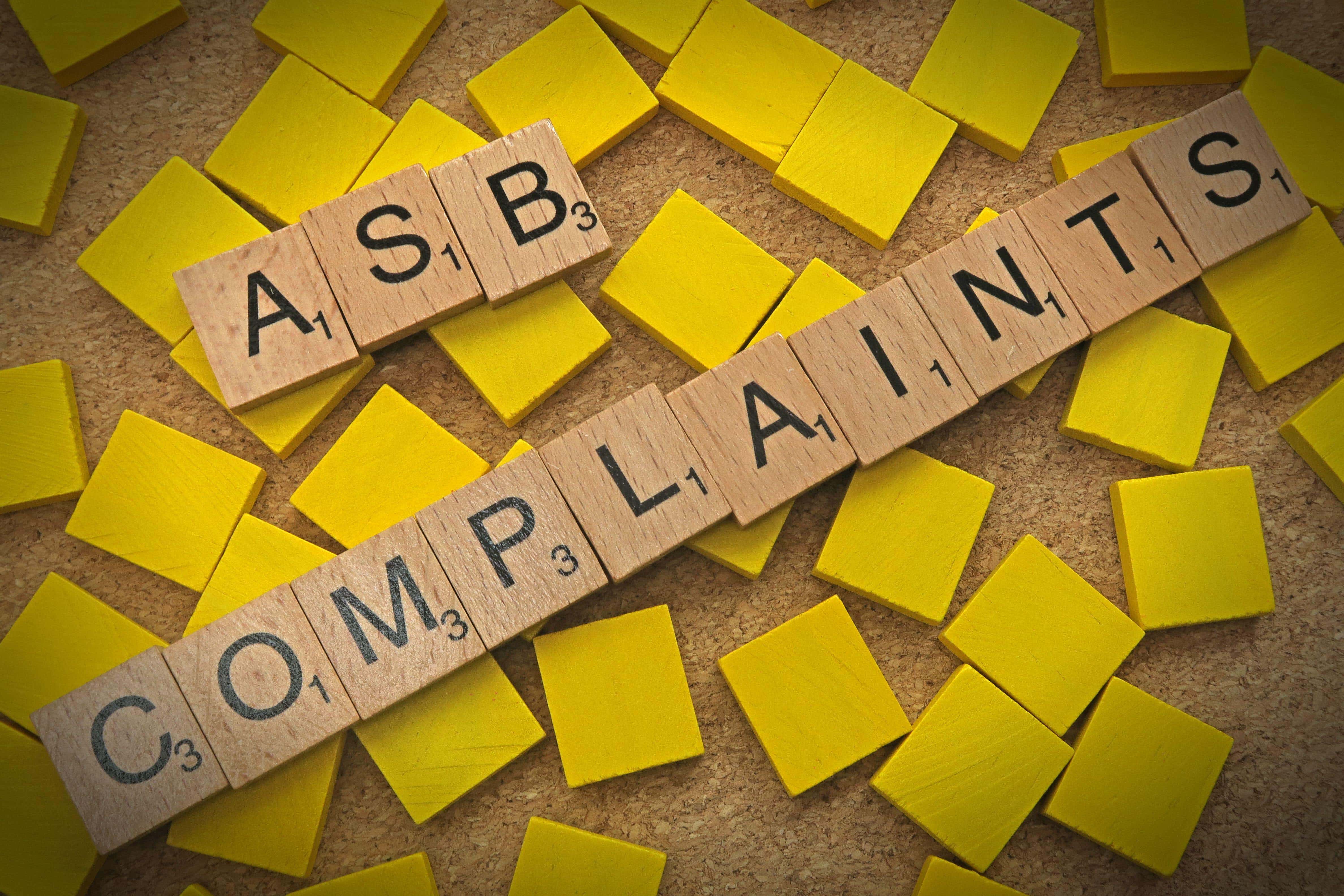It’s Christmas, so we’re smack in the middle of the danger zone of the family argument – when the pressure to “have a really lovely time” on Christmas day couples with someone playing fast and loose with the rules of Bananagrams. As Tolstoy so nearly said: “All happy families are alike; each unhappy family has a relative who isn’t allowed to play card games unsupervised.”
But, it turns out, we’re a nation of board game cheats and overly-competitive arguers. A new survey of 2,000 Britons, for the toymaker Mattel, recently found that one in four of us describe ourselves as “extremely competitive”, while a third of us have experienced a game being abandoned entirely because of an argument.
If this comes as news to you (my sweet summer child!), then clearly you have no family equivalent to the Great Scrabble Fall Out of 2002, when my father took “too long” to play his turn, at which point my mother wrote a mandatory time limit into the box lid with such feeling that it looks more like God’s carving of the Ten Commandments.
The survey also found that 63 per cent of us have experienced a good game turning bad, with half finding it was because of cheating – while 27 per cent had had a full-blown row with a friend or relative over a game. Compare that to the mere 11 per cent of us falling out at Christmas lunch.
We rarely play Scrabble at family gatherings anymore – this is also because the only dictionary in my parents’ house was published in 1933, and we aren’t allowed to use the Scrabble dictionary online because “there are too many silly words”. Fresh from smug undergraduate games, I once tried to play “xi” (the 14th letter of the Greek alphabet, duh!), and there was nearly a riot.
Bananagrams and Snatch It unleash similarly unedifying scenes, but my mum and I are addicted to them both – and, I suspect, are the real-world embodiments of that Gavin and Stacey meme of Alison Steadman as Pam Shipman saying: “It’s the drama, Mick – I just love it!”
My friend Yolanda remembers her mum once banning her and her two sisters from playing board games outside the house because they were “wild, uncontrollable and aggressive”. Again, this is board games, not rioting or drug dealing. Yet there is something of the fortune teller about how a family plays together, be it Twister, canasta or – shudder – Monopoly. The face presented to the world can become a grotesque masque once the lid comes off.
My in-laws don’t play board games at all, but I suspect this comes from my husband being one of four and thus self-preservation on the part of his parents. The grandchildren have no such fear, and I have spent too many Christmases getting utterly monstered at Monopoly Go, the card version spin-off, by children with the mental agility that comes from being not yet 10.
Not that I’m perfect, along with the aforementioned smug nerdery. My neighbour Rachel and I play Boggle or Scrabble while listening to Popmaster, and I have definitely bent the rules of what constitutes a valid word when I’m nearly sure but not sure enough to forfeit my turn if it’s checked and found wanting. Rachel, mystifyingly, is the least competitive player I’ve ever met, for which I am very grateful.

I have some sympathy with a friend whose daughter used to play Monopoly against herself in her tween years as she couldn’t cope with losing. Losing in a family game is fraught – albeit not as fraught as winning can be. As children, my friend Yolanda and her sisters were unbeatable at Pictionary: “The only time we were beaten was when 12 adults played against us, and I’m absolutely sure one of my uncles cheated.”
All these stories, grudges and special rules are part of the arcane tapestry that illustrates a family. While most survey respondents saw board games as a cause for argument, most also saw them as a way of bringing the family together (and then, ideally, leaving in one piece).
Psychologists would do well to observe a game night. You will never get a better illustration of why people are the way they are than here, where arguments and well-worn grudges are almost a part of the rules. “My late grandma was an inveterate Monoploy cheat, which effectively ended boardgaming as a fun family activity,” remembers another chum. “Though, in about 1970, she was wheeled out to piss off an aunt’s horrible husband by cheating so continuously and spectacularly that he lost his rag and made his covert aggression obvious to all. She told that story proudly til the day she died.”
The other day, my parents and I were playing Uno with my brother’s elder daughter, who was repeatedly instructed to keep her cards up so that the rest of the family didn’t eyeball them (by the way, she is six). But whatever the cheating, name-calling or otherwise, it’s deeply specific. This year, I’ve bought my younger niece Dobble. May the chaos commence.







